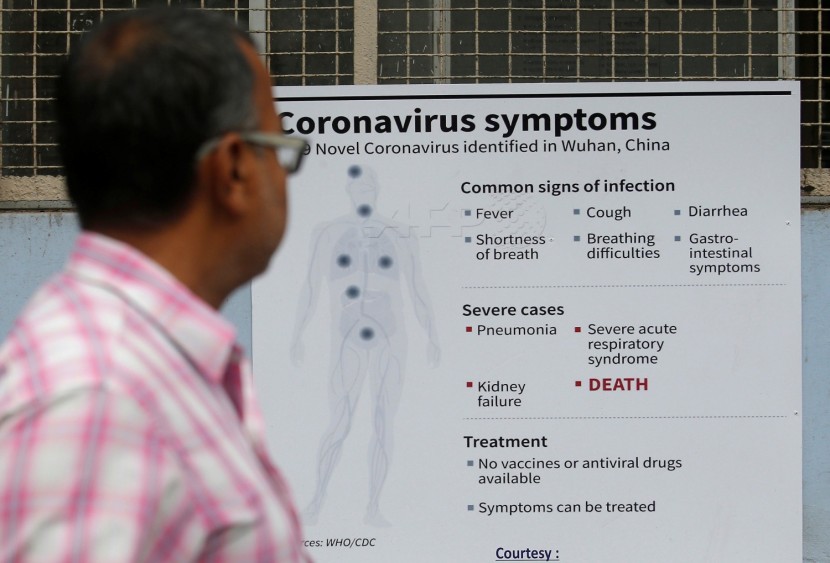
Experts have alerted that the loss of the senses of taste and smell could be signs of novel coronavirus infection and may lead to COVID-19, after two National Health Service consultants were sent to critical care who caught the virus from infected patients.
Based on the current guidelines released by Public Health England, the only symptoms that should result in self-isolation are high body temperature and continuous coughing. However, the British Association of Otorhinolaryngology disagreed, and said that since there are patients who are asymptomatic, we should be on a lookout for other symptoms.
Furthermore, Sky News said that the organization stated that since the entry point of the virus could either be in the mouth, nose, eyes, and throat, the mere loss of the senses of smell and taste may mean that people need to self isolate, in order to mitigate the spread of the virus.
According to Professor Nirmal Kumarm, he found out that there are two ENT consultants from the NHS that are currently in critical care after getting infected by their patients. He also said that the medics are now using ventilators to aid in their breathing and are alleged to have gotten the virus from their patients who did not exhibit any symptoms.
Read also: LOOK: Coronavirus Healthcare Workers in Philippines Use Plastic, Garbage Bags as Improvised PPE
A day-by-day account of COVID-19 symptoms
The study that revealed the possible symptoms came after scientists in Wuhan constructed a day-by-day breakdown of the typical symptoms exhibited by COVID-19 patients. The breakdown was based on analyses made on COVID-19 patients admitted at Wuhan Pulmonary Hospital and Junyintan Hospital.
They concluded that patients typically experience these symptoms:
Day 1: On the first day, the patients experience fever which may also include fatigue, muscle pain and dry cough. Some patients also have diarrhea and nausea, however, the study shows that only 10% of the patients experience diarrhea. According to a general practitioner in London, Dr. Clare Gerada, 60 years old and was infected by the virus, on the onset of the virus she felt dry cough and tiredness which were mild and that she barely paid attention to it.
Day 5: A few days after the onset of the disease the patients experience dyspnea or difficulty in breathing, especially those who have underlying medical conditions and those who are already old. The Centers for Disease Control and Prevention also noted that shortness of breath is one of the symptoms that may occur within the 14 days incubation period.
Day 7: By this day, most patients with difficulty in breathing are admitted to the hospitals but for a vast majority, the symptoms typically subside by the seventh day.
Day 8: Acute Respiratory Distress Syndrome signs are developed by patients in severe cases since the lungs can no longer provide enough oxygen to the vital organs of the body. It was reported by the Chinese CDC that only 15% of COVID-19 cases reach this point.
Day 10: Those with worsening problems in breathing are brought to the intensive care unit by this time. A Wuhan study also indicated that the average hospital stay of a COVID-19 patient was only 10 days.
Day 12: Preliminary symptoms like fever usually end at this point, however, cough associated with COVID-19 may stay for a longer period.
For COVID-19 survivors the difficulty in breathing may persists until the 13th day.
Meanwhile, the average time from infection to death is 18.5 days
Related article : Difference of COVID-19 To Other Illnesses








